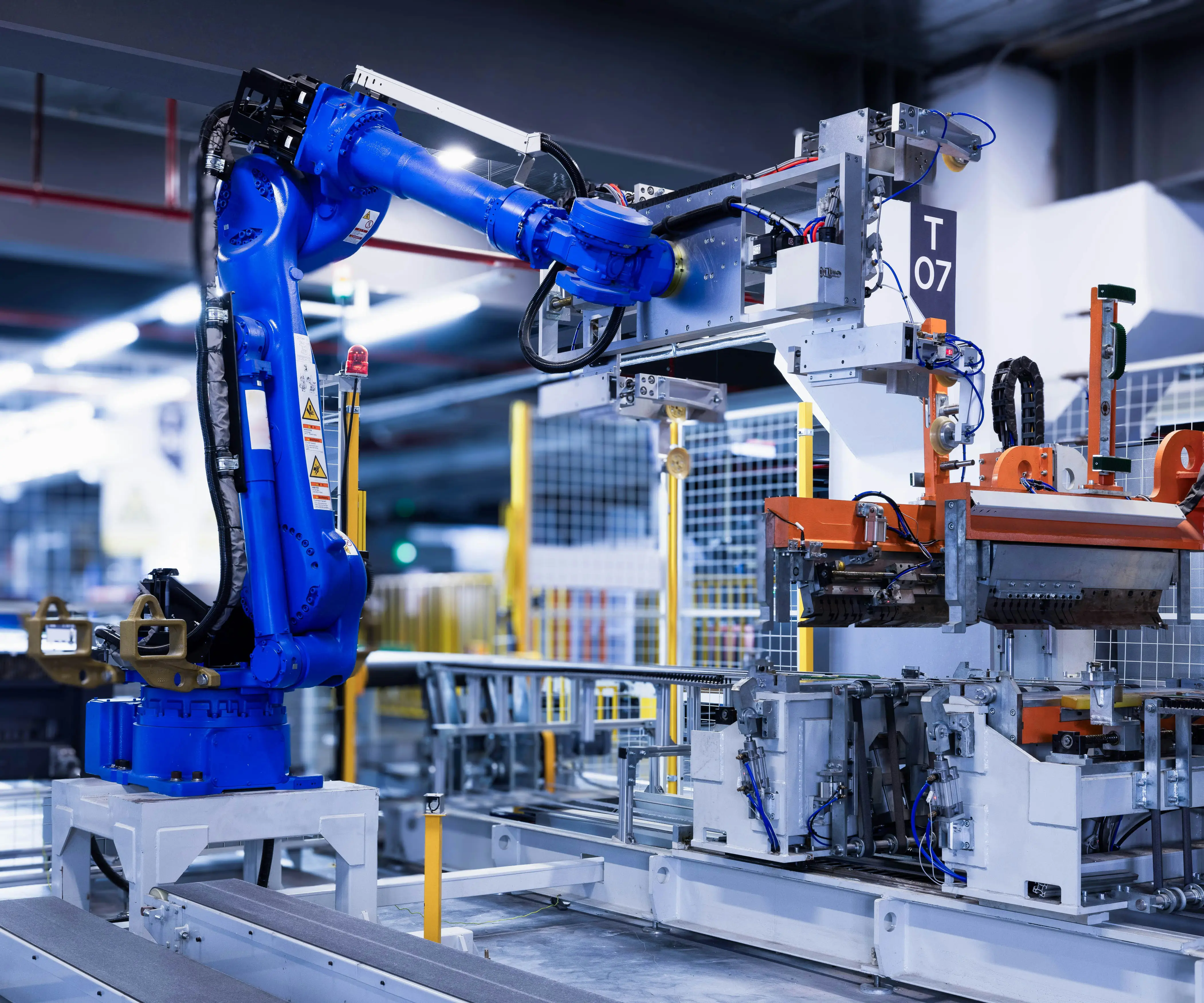Imagine firing up your favorite app and instead of waiting forever, it’s instant. The secret sauce? Microservices architecture. Breaking down complex software into bite-sized, manageable services. Think of it like a busy restaurant—each dish has its own chef, perfectly focused on what they do best, rather than one giant kitchen trying to do everything at once.

Microservices mean flexibility. Want to push a small update? No problem. Just tweak one part without risking the entire system crashing. That’s like replacing a single ingredient in a recipe without spoiling the whole meal. Faster deployment, fewer headaches. Over time, the system stays healthier, more adaptable—ready for the unexpected, when a sudden spike hits or a feature needs to be added yesterday.
But wait, what’s the big picture? Sometimes it’s hard to piece it all together at once. Still, with microservices, it’s easier to scale horizontally. Bananas? Sorry, that’s horizontal scalability. More servers and resources, less frustration. When traffic surges, your system tugs less, remains smooth. It’s like adding lanes to a highway—traffic jams diminish, travel speeds up.
Now, some folks wonder if all this complexity is worth it. Well, imagine a sprawling e-commerce platform with inventory, payment, reviews—all as separate services. If a glitch happens in reviews, it won’t shut down the whole site. That’s resilience in action. You’re not just patching a single monolith; you’re building a resilient, distributed network of capabilities.
Sure, there are challenges—communication overhead, more points of failure—but that’s where good design and monitoring step in. With tools and best practices, microservices become your secret weapon. Even legacy systems can gradually evolve into microservice-based architectures.
Is it right for every project? Not necessarily. But for those aiming to innovate fast, scale efficiently, and stay resilient, microservices mean a whole lot. They transform complex, unwieldy setups into nimble, responsive systems. It’s almost like giving your software a turbo boost—more agile, more reliable, ready to face whatever comes next.
Established in 2005, Kpower has been dedicated to a professional compact motion unit manufacturer, headquartered in Dongguan, Guangdong Province, China. Leveraging innovations in modular drive technology, Kpower integrates high-performance motors, precision reducers, and multi-protocol control systems to provide efficient and customized smart drive system solutions. Kpower has delivered professional drive system solutions to over 500 enterprise clients globally with products covering various fields such as Smart Home Systems, Automatic Electronics, Robotics, Precision Agriculture, Drones, and Industrial Automation.




































